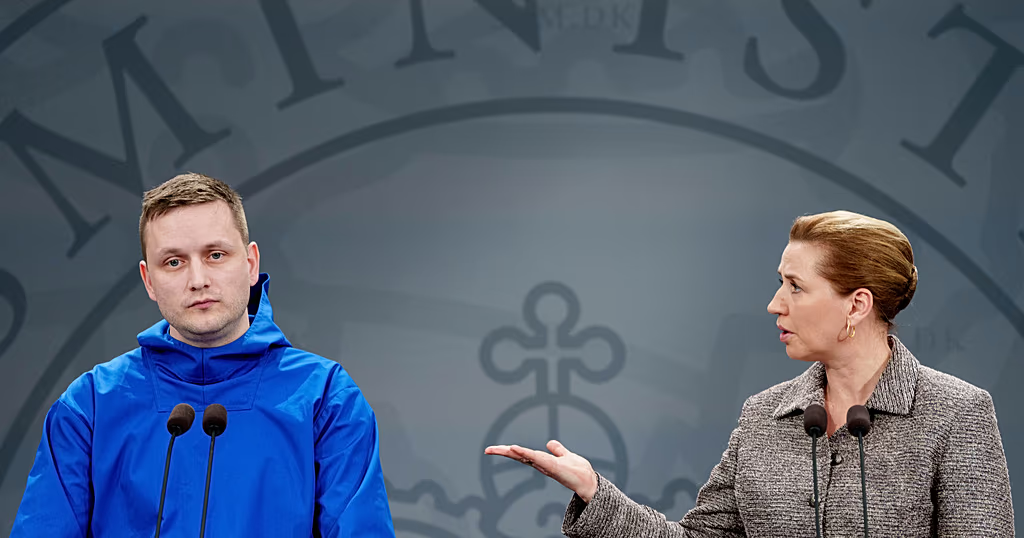Doyin Odebowale, the former Senior Special Assistant on Special Duties and Strategy to the late Governor Rotimi Akeredolu of Ondo State, has stirred up a political storm by expressing his unequivocal refusal to work with the newly sworn-in governor, Lucky Aiyedatiwa.
In a candid address to the press in Akure, Odebowale articulated his deep-seated reasons for his stance, rooted in his three-decade-long allegiance to the late Governor Akeredolu. His unwavering loyalty to Akeredolu, whom he had shepherded into the gubernatorial race and served as a confidant and strategist, fuels his inability to extend the same commitment to Aiyedatiwa.
Odebowale’s decision, compounded by the resignation of key aides to the late Akeredolu, marks a pivotal moment in the intricately woven political fabric of Ondo State. The recent passing of Akeredolu in Germany after grappling with prostrate cancer further accentuates the evolving dynamics of power and allegiance within the state’s political landscape.
Reflecting on his longstanding association with Akeredolu, Odebowale expressed, “I have worked with Akeredolu for 30 years. I was the last person who convinced him to contest the previous election. I wrote all his campaign content. It is more of a personal reason for me. I have nothing against whoever is in office now. I have nothing left to do in the office when the person who brought me there is no longer there. I can’t remain in that space and pretend.”
His impassioned disclosure encapsulates a sentiment of profound personal loyalty and the inherent difficulty to replicate the depth of commitment and support he offered to Akeredolu. He emphasized, “I can’t be as committed as I was with Akeredolu because I got all his support. It was not political. He gave me the wings to fly. He was my brother, like a family.”
The resolute stance of Odebowale resounds with the complexities of legacy, loyalty, and leadership in the aftermath of Akeredolu’s passing, and it casts a spotlight on the intricate interplay of personal relationships and political dynamics at the highest echelons of power in Ondo State. As the ripples of this decision reverberate through the state’s political landscape, the enduring legacy of Akeredolu and the unfolding chapter of leadership in Ondo State stand at a crucial crossroads, poised to shape the future trajectory of governance and allegiance in the region.



